#Nehwon
Explore tagged Tumblr posts
Text


Mike Mignola's model sheets for Fritz Leiber's Fafhrd and the Grey Mouser.
43 notes
·
View notes
Text
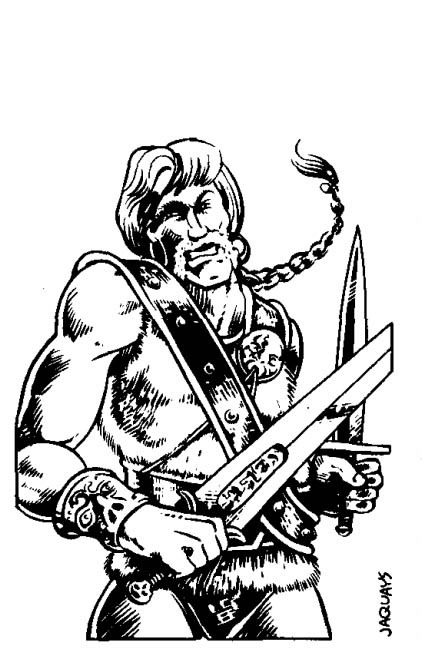
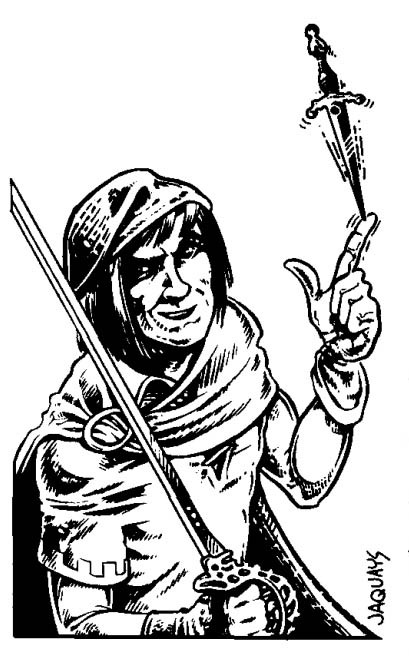
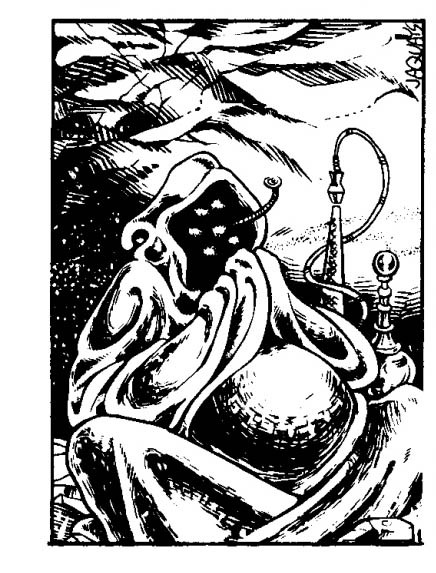
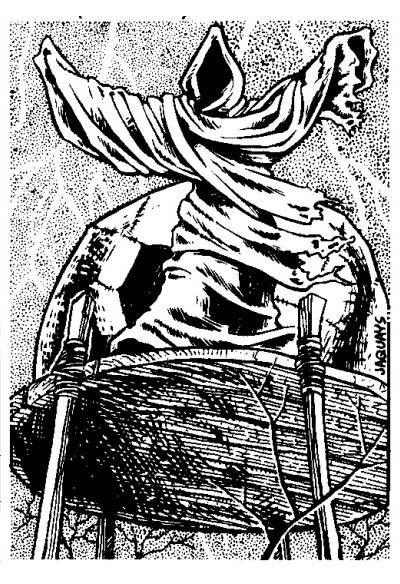
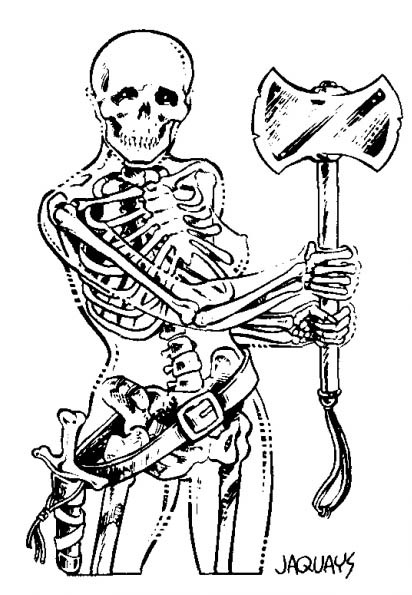
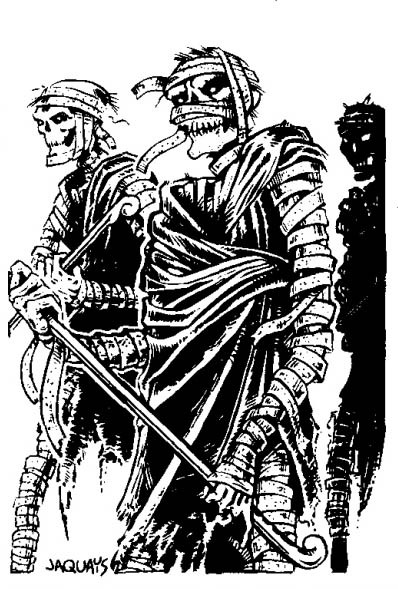
Jannell Jaquays, portraits for TSR's Lankhmar: City of Adventure
#monochrome#Jannell Jaquays#Lankhmar: City of Adventure#Lankhmar#Nehwon#Fafhrd#Grey Mouser#Ningauble of the Seven Eyes#Sheelbar of the Eyeless Face#Kreeshkra#ghoul#Gods of Lankhmar
9 notes
·
View notes
Text

Fafhrd and the Gray Mouser Book Three: The Price of Pain Ease
by Howard Chaykin and Mike Mignola
#comics#comic books#art#illustration#panelswithoutpeople#epic comics#fafhrd and the gray mouser#howard chaykin#mike mignola#al williamson#sherilyn van valkenburgh#bill oakley#fritz leiber#nehwon#castle#hot air balloon#crescent moon
6 notes
·
View notes
Text
#Lankhmar #Nehwon for #DungeonsAndDragons is now available with FREE SHIPPING! #dnd #ttrpg #TSR #originalprint #outofprint #secondedition #2e #NiksRPGs

#niksrpgs#ttrpg#out of print#original print#dnd#dungeons and dragons#2e#second edition#lankhmar#nehwon#tsr
4 notes
·
View notes
Text

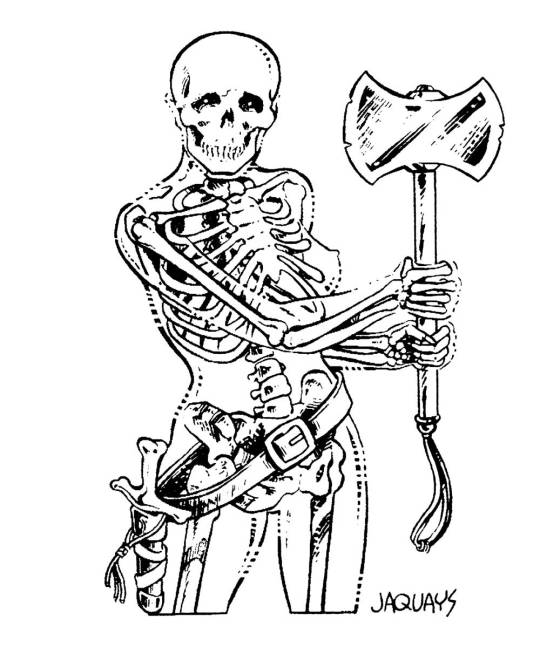
"Nehwon's ghouls are not of the AD&D undead type, but are a species of humanoids unto themselves. They are almost totally transparent, except for their bones, which are grey. They are often mistaken for skeletons, and are almost invisible (80%) in the dark." (Jennell Jaquays, AD&D Deities & Demigods, TSR, 1980)
#D&D#Dames & Demons#Jennell Jaquays#AD&D#Nehwon Mythos#Deities & Demigods#Fritz Leiber#Nehwon#Fafhrd and the Gray Mouser#ghoul of Nehwon#skeleton#Nehwon ghoul#Dungeons and Dragons#TSR#dnd#ghoul#dungenos and drogans
1K notes
·
View notes
Text

GOOD FOR HER
#stuck in some kind of fucked up space-nehwon dimension but at least u get to have a weimar republic nightclub experience#sky pirates!#dantes new adventures
1 note
·
View note
Text
The World Orrey
The Orrey of Worlds is an ancient, powerful device linked to the Prime Material Plane and its nine worlds. It allows for travel to and from these worlds. 1. Toril 2. Krynn 3. Oerth 4. Eberron 5. Athas 6. Nehwon 7. Mystara 8. Theros 9. Ravnica
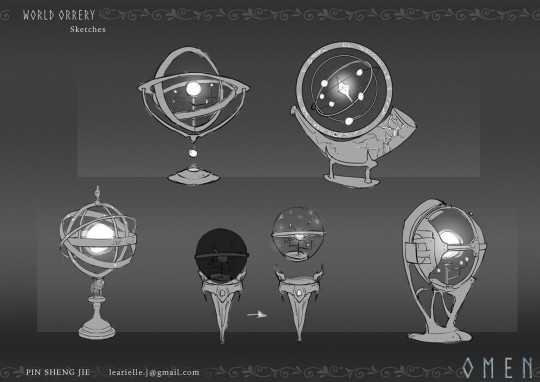
View On WordPress
3 notes
·
View notes
Text
You could do a Lovecraft Circle Cinematic Universe (including a Psycho remake, Conan, and Nehwon) if you weren’t a fucking coward.
#yeah i said it#say it again if i had to#yes psycho bloch was in the circle#the youngest member in fact
3 notes
·
View notes
Text

One of my favorite hobbies is thinking about the fucked up implications of this fantasy world map my parents got me for christmas
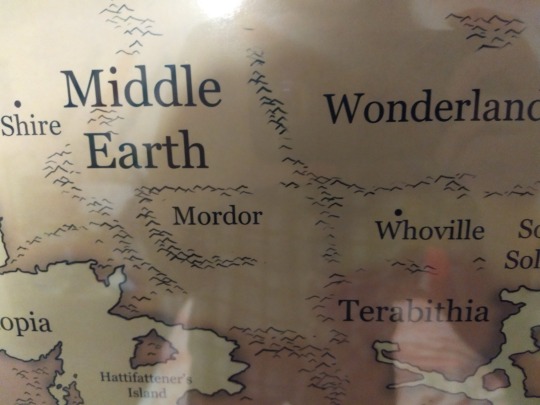
[Image ID: photo of a map. On the left side of the map is Middle Earth, with the Shire and Mordor labeled. To the direct right of Mordor is Whoville.]
#This map is subtly annoying but also a little intriguing at the same time#Just telling myself this is the Gray Mouser's attempt to make sense of all the cracks and gates to other times and places found in Nehwon
76K notes
·
View notes
Text
The World Orrey
The Orrey of Worlds is an ancient, powerful device linked to the Prime Material Plane and its nine worlds. It allows for travel to and from these worlds. 1. Toril 2. Krynn 3. Oerth 4. Eberron 5. Athas 6. Nehwon 7. Mystara 8. Theros 9. Ravnica
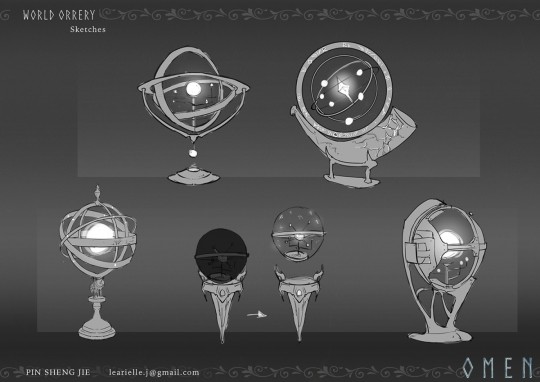
View On WordPress
0 notes
Text
on the cover of the judge's guide to nehwon there is one of these fucking nehwonian ghouls and of course it is a woman and of course she's only wearing a belt and of course her invisible nips are perky.
1 note
·
View note
Text
Lankhmar and the Origins of Adventure Fantasy
Fritz Leiber’s Lean Times in Lankhmar is a sword and sorcery short story that is part of the Fafhrd and Gray Mouser series. The Series had a huge impact on the development of the Sword and Sorcery Genre and the term for the genre itself comes from Lieber. The story is set in the city of Lankhmar, a metropolis full of scheming factions and false gods. Fafhrd and Grey Mouser begin the story by arriving in the city of Lankhmar and split apart as their friendship has fallen apart over a disagreement of loot splitting. Both find new routes in the city with Gray Mouser entering the service of Pulg, a mob leader who gets money from the small religions of the city.Fafhrd became an acolyte for the church of Issek of the Jug. Mouser eventually has to rob the church Fafhrd works and the two reunite as opponents but eventually things resolve with Fafhrd attaining apotheosis, becoming a living god, and Pulg ends up serving Issek The two eventually leave with the money.
Lean Times in Lankhmar serves as a sword and sorcery template for novels such as Alyx by Joanna Russ and Michael Moorcock’s Elric Series. Most significantly, Leiber’s work was a major influence on Dungeons and Dragon, With TSR putting out adventure supplements set in Lankhmar and the world of Nehwon. This influence creates an image of fantasy that has bled into the mainstream perception of fantasy literature. Leiber writes in an immersive style, much of it sounding like descriptions of a D&D scenario, this is seen with the naming conventions of characters such as Gray Mouser, Muulsh the Moneylender. These names evoke images and associations that stick in the mind and immerse the reader as it makes the character sound as if they are a part of the world and have a reputation. The immersion is also seen in the allusion to another Fafhrd and Gray Mouser story in referencing the Year of the Feathered Death, giving a sense of continuity to the stories and sewing the plots into the fabric of the setting. This sense of immersion plays into a reminder of DnD as it reminds readers of the shared connected worlds and stories of the role playing game. It also adds immersion as it allows the reader to speculate on what the Year of the Feathered Death was if they’ve never read that tale similar to the allusion to the Clone Wars in the original Star Wars where there was nothing but the allusion until the Prequel Trilogy fleshed out the Clone Wars. Leiber’s approach to immersion is akin to throwing you into the world and letting the reader figure it out rather than using exposition to accomplish this. Depending on the reader, the show not tell approach can be an effective tool for immersing the reader but for other readers this can pull them out of the narrative. Leiber’s characters also set up archetypes that are seen within Dungeons and Dragons, Fafhrd being the large northern warrior who is honorable and brave, Gray Mouser is the sly rogue who uses wits and deception to achieve success, both of these are common character types in fantasy and within Dungeons and Dragons. The competing priests and faction also plays into this as characters like Pulg can easily be seen as quest givers. These character tropes have even bled into the characterization of characters within Dungeons and Dragons lore and novels such as the Dragonlance Chronicles series, with Fafhrd being very similar to Solamnian Knight Sturm Brightblade. Leiber’s work here can be seen as cliche but only in that it is an origin point for the development of these fantasy conventions and tropes. Leiber’s originality might be overrated now but it lays the groundwork for much of the fantasy genre and Lean Times in Lankhmar contributes much to what we owe to Leiber.
0 notes
Text
D&D is more Nehwon and Conan. Gygax only included elves, dwarves, and halflings because his players insisted.
(Also lel the sniper’s initials are J. R. and his first name is John.)

301 notes
·
View notes
Text
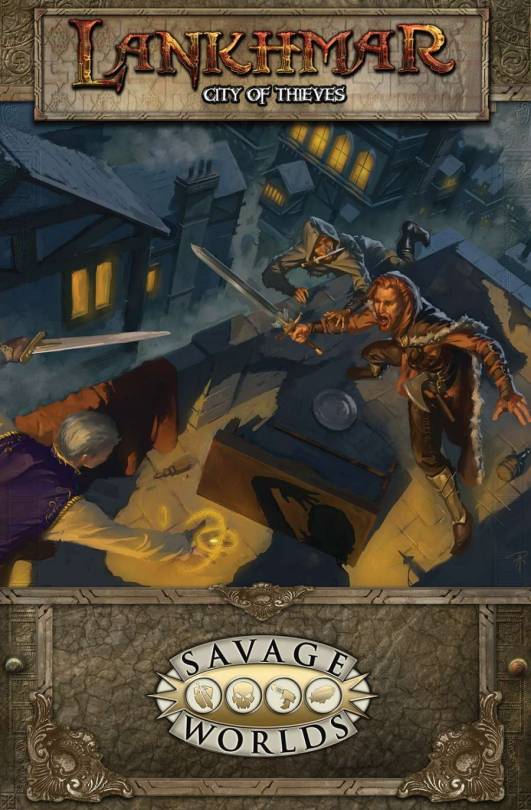

#licensedRPGs2015 Lankhmar: City of Thieves & DCC Lankmar
The first of these is the Savage Worlds adaptation of Nehwon, the Fafhrd and Gray Mouser setting. Leiber’s characters and stories are definitively one of the great influences on early D&D. While Tolkien set a template for the fantasy history, these characters and how they interact with the world and each other became a touchstone for players.
There had already been a couple of earlier adaptations of the license, beginning with several different versions from TSR. In 2007 Mongoose would release three books adapting it to Mongoose Runequest. This version comes from Pinnacle Entertainment, adapting it to the current version of Savage Worlds.
Like many of their recent, big-ticket releases, the Lankhmar series came out of a successful Kickstarter to fund the whole series. Beyond this core book, they released a map, an adventure, an archetypes book, and three more substantial sourcebooks: Savage Seas of Nehwon, Savage Takes of Nehwon, and Savage Foes of Nehwon. These would come out over the next several years, through 2018.
Strikingly in parallel Goodman Games would also have access to the license. In 2015 they released three DCC Lankmar supplements, the adventures Through Ningauble's Cave and Masks of Lankhmar as well as The Patrons of Lankhmar, which offered a preview of the upcoming DCC adaptation of the setting. That big book would arrive in 2017 and kick off a series of new modules set in that world.
1 note
·
View note
Text
#Lankhmar #Nehwon, in excellent condition, for Advanced #DungeonsAndDragons, is now available! #ttrpg #dnd #CityOfAdventure #originalprint #outofprint #TSR #secondedition #2e #NiksRPGs
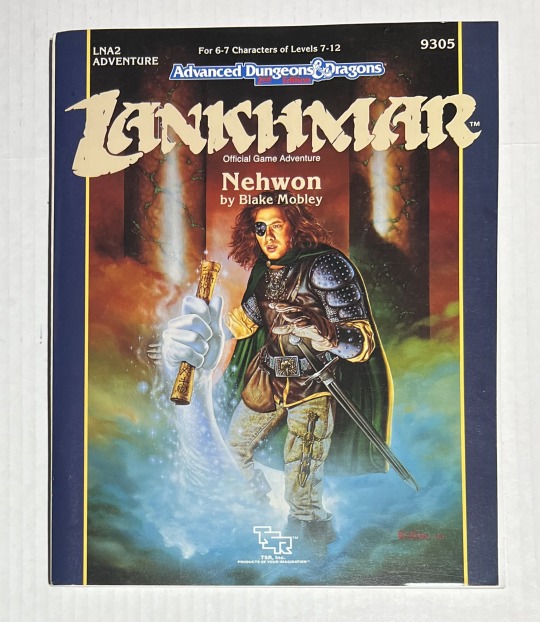
#ttrpg#niksrpgs#original print#out of print#dnd#dungeons and dragons#2e#second edition#lankhmar#city of adventure#tsr
2 notes
·
View notes
Text
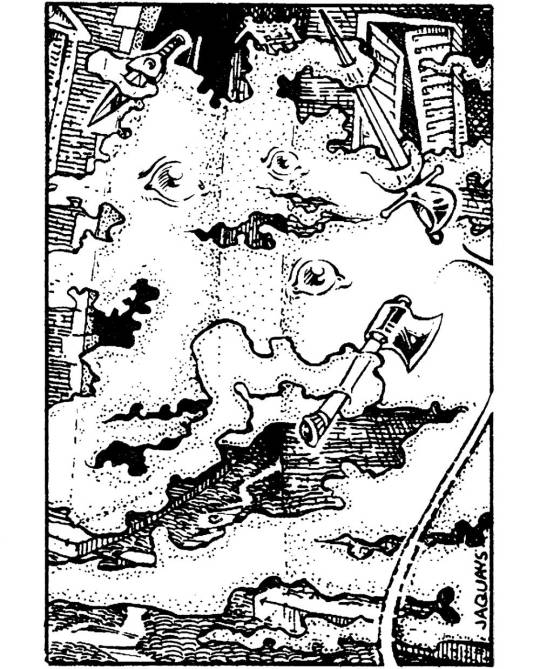

Hate, lesser god of Nehwon, "manifests itself as a thick grey fog with a few red orbs resembling eyes in the density. This fog is able to control up to 6 beings (as in a mass charm spell) or manipulate up to 6 weapons in its tentacles as a set of 6th level fighters. The manifestation of the god must be generated at night by a high priest of at least the 10th level and 100 worshipers. The fog will appear from the worshipers and is able to travel a distance of 5 miles. Its only function is to do harm." (Jennell Jaquays and Jeff Dee, AD&D Deities & Demigods by Jim Ward and Rob Kuntz, TSR, 1980)
#D&D#Dungeons & Dragons#Jennell Jaquays#Jeff Dee#Deities & Demigods#AD&D#Nehwon#Nehwon Mythos#Fritz Leiber#Fafhrd and the Gray Mouser#dnd#Hate#deity#god#fantasy#old time religion#1980s#fog#adventuring party#Dungeons and Dragons#TSR#Jim Ward#James M Ward#Rob Kuntz#Robert J Kuntz
236 notes
·
View notes